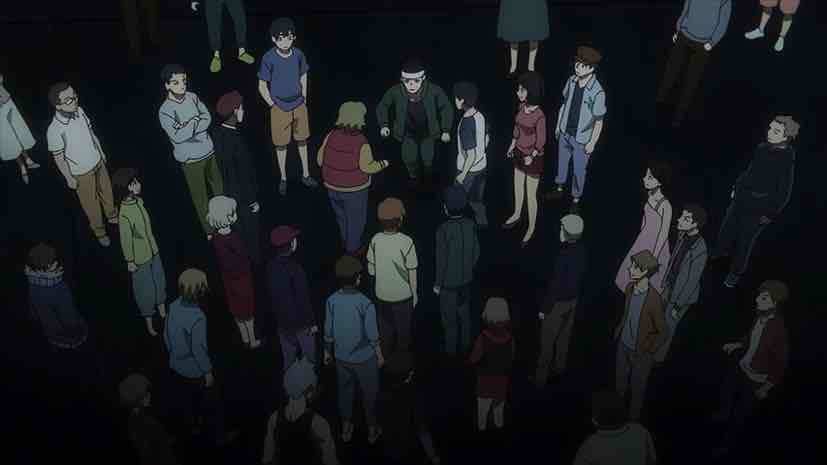 For me, there’s no question at this point that Boku no Hero Academia is well and truly “back”. While we can’t know the exact dynamic behind the scenes it feels like Nagasaki Kenji is back in the saddle – the visual style back to what it was in the first three seasons. And most importantly the material itself is HeroAca at its most effective. The way Horikoshi blurs the moral lines between the two sides has always been one of his great strengths. Usually he does so by showing the dark side of the hero society, but in this arc it’s by strongly playing up the humanity of the villains. I think fans that still aren’t satisfied and probably never going to be at this point, with too much scar tissue from Season 5.
For me, there’s no question at this point that Boku no Hero Academia is well and truly “back”. While we can’t know the exact dynamic behind the scenes it feels like Nagasaki Kenji is back in the saddle – the visual style back to what it was in the first three seasons. And most importantly the material itself is HeroAca at its most effective. The way Horikoshi blurs the moral lines between the two sides has always been one of his great strengths. Usually he does so by showing the dark side of the hero society, but in this arc it’s by strongly playing up the humanity of the villains. I think fans that still aren’t satisfied and probably never going to be at this point, with too much scar tissue from Season 5.
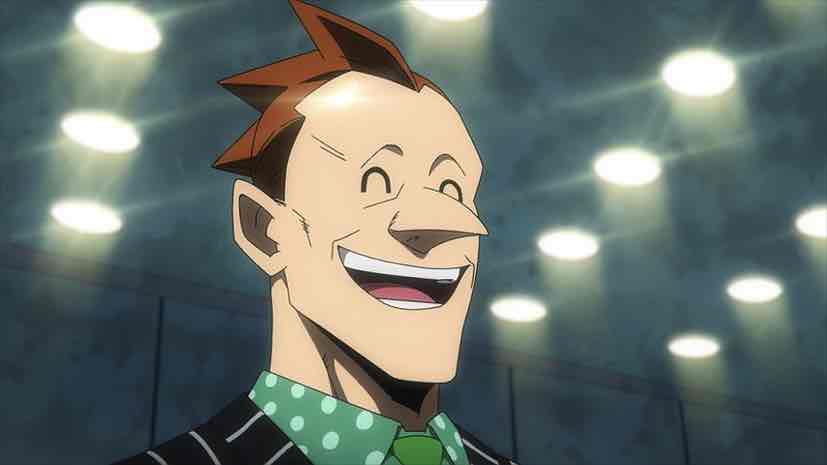 One thing Horikoshi can do – as Togashi does in Hunter X Hunter – is carry a riveting narrative for extended stretches without his main characters. After barely appearing last time the big three don’t show up at all this week, but they truly aren’t missed. The action here is completely focused on the hideout villa (which means no Endeavor, either). Heroes like Fatgum and Edgeshot are at the vanguard of this attack, which once more gives the appearance of having caught the villains completely off-guard.
One thing Horikoshi can do – as Togashi does in Hunter X Hunter – is carry a riveting narrative for extended stretches without his main characters. After barely appearing last time the big three don’t show up at all this week, but they truly aren’t missed. The action here is completely focused on the hideout villa (which means no Endeavor, either). Heroes like Fatgum and Edgeshot are at the vanguard of this attack, which once more gives the appearance of having caught the villains completely off-guard.
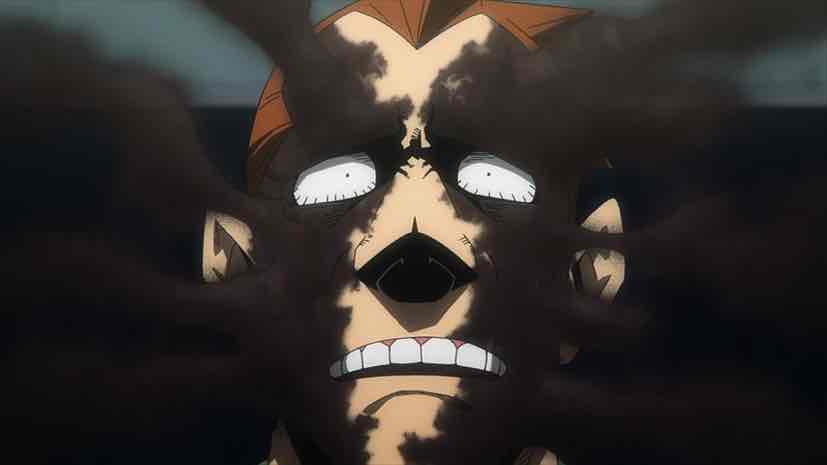 It’s always fascinating (and rare) to watch Tokoyomi at work in high-pressure situations. Dark Shadow is truly a formidable quirk – it can credibly be argued the most formidable, and certainly in the top five or six – all the more so because he’s not fully in control of it. It’s not as versatile as One For All (especially as Izuku masters more elements of it. But for sheer, straight-on destructive force, it’s a weapon of mass destruction. Given that, the decision to use a student on the front lines make sense, because there’s no one who could have blasted their way into the League’s inner sanctum the way Dark Shadow did.
It’s always fascinating (and rare) to watch Tokoyomi at work in high-pressure situations. Dark Shadow is truly a formidable quirk – it can credibly be argued the most formidable, and certainly in the top five or six – all the more so because he’s not fully in control of it. It’s not as versatile as One For All (especially as Izuku masters more elements of it. But for sheer, straight-on destructive force, it’s a weapon of mass destruction. Given that, the decision to use a student on the front lines make sense, because there’s no one who could have blasted their way into the League’s inner sanctum the way Dark Shadow did.
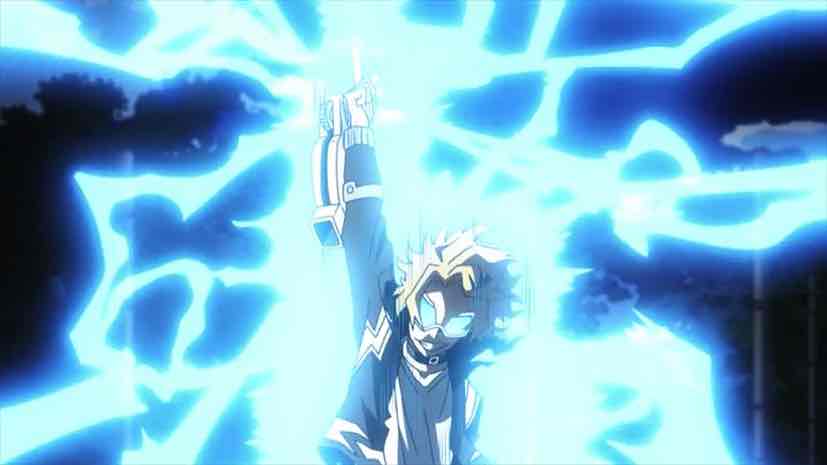 The main hero (word choice not coincidental) of this episode however is undoubtedly Bubaigawara Jin. Twice was a character I loved from the moment Horikoshi introduced him with that fantastic backstory sequence. And I’ve loved Endou Daichi’s performance since the moment Bubaigawara showed up in the anime. I’ve always found Twice’s insecurities and neuroses to be incredibly relatable. And the fact is, he really has no aspirations towards any “noble” villain-ist causes at all. With Bubaigawara it’s about personal loyalty. He’s a man whose world was always being pulled out from under him, desperate for something or someone to anchor to. And the League of Villains provided it.
The main hero (word choice not coincidental) of this episode however is undoubtedly Bubaigawara Jin. Twice was a character I loved from the moment Horikoshi introduced him with that fantastic backstory sequence. And I’ve loved Endou Daichi’s performance since the moment Bubaigawara showed up in the anime. I’ve always found Twice’s insecurities and neuroses to be incredibly relatable. And the fact is, he really has no aspirations towards any “noble” villain-ist causes at all. With Bubaigawara it’s about personal loyalty. He’s a man whose world was always being pulled out from under him, desperate for something or someone to anchor to. And the League of Villains provided it.
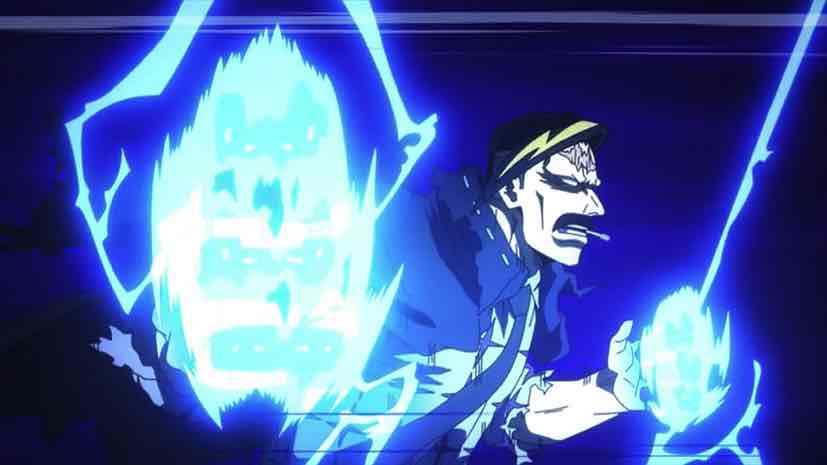 I do feel for Hawks here. He got the bum end of the stick with this assignment generally speaking – incredibly difficult and dangerous one it is. But to succeed he has to win the trust and affection of a man even he admits is a “good person”, so he can betray him utterly. One cannot imagine a crueler thing to do to Bubaigawara than what Hawks does to him – it basically reinforces every fear and every shred of despair he has about the world. Hawks tries to have it both ways here, to sweet talk Twice into giving himself up and promising to look out for him. There’s probably some genuine regret and affection in this for Hawks – he’s a good guy too, really – but mostly he’s doing it to try and assuage his own guilt over a great personal betrayal.
I do feel for Hawks here. He got the bum end of the stick with this assignment generally speaking – incredibly difficult and dangerous one it is. But to succeed he has to win the trust and affection of a man even he admits is a “good person”, so he can betray him utterly. One cannot imagine a crueler thing to do to Bubaigawara than what Hawks does to him – it basically reinforces every fear and every shred of despair he has about the world. Hawks tries to have it both ways here, to sweet talk Twice into giving himself up and promising to look out for him. There’s probably some genuine regret and affection in this for Hawks – he’s a good guy too, really – but mostly he’s doing it to try and assuage his own guilt over a great personal betrayal.
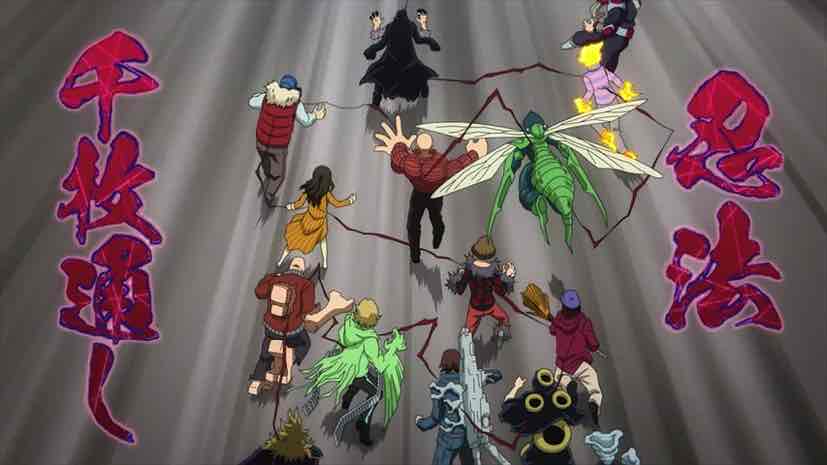 Hawks isn’t wrong here – he’s doing what he has to do. But who looks like the hero and who the villain? What makes it worse for Twice is that this also confirms all of his self-loathing, but in the end he makes a decision he can live with before he dies – he saves the recently captured Toga and Compress despite having been mortally wounded by Hawks. If nothing else Bubaigawara Jin went out in a fashion thad vindicates his existence as he sees it – in the arms of his beloved Toga, having given the last full measure of his devotion to the ones he considered his only true friends in a world that spurned him. Maybe he even truly believed Hawks was wrong about his being unlucky.
Hawks isn’t wrong here – he’s doing what he has to do. But who looks like the hero and who the villain? What makes it worse for Twice is that this also confirms all of his self-loathing, but in the end he makes a decision he can live with before he dies – he saves the recently captured Toga and Compress despite having been mortally wounded by Hawks. If nothing else Bubaigawara Jin went out in a fashion thad vindicates his existence as he sees it – in the arms of his beloved Toga, having given the last full measure of his devotion to the ones he considered his only true friends in a world that spurned him. Maybe he even truly believed Hawks was wrong about his being unlucky.
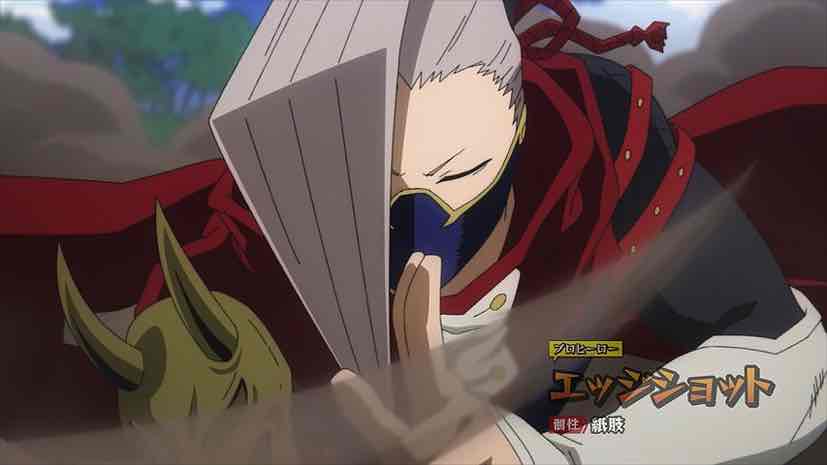 Toga and Compress being free – along with the arrival of Dabi on the scene – means this is no mere cleanup operation for the hero side. The villains’ big cards have yet to be played, and Hawks himself is in a world of hurt against Dabi (who startles Takami Keigo by revealing – to Hawks and to anime-only viewers – the hero’s true name). As Hawks says, this is a nightmare matchup for him – flames vs. feathers, and in a confined space to boot.
Toga and Compress being free – along with the arrival of Dabi on the scene – means this is no mere cleanup operation for the hero side. The villains’ big cards have yet to be played, and Hawks himself is in a world of hurt against Dabi (who startles Takami Keigo by revealing – to Hawks and to anime-only viewers – the hero’s true name). As Hawks says, this is a nightmare matchup for him – flames vs. feathers, and in a confined space to boot.


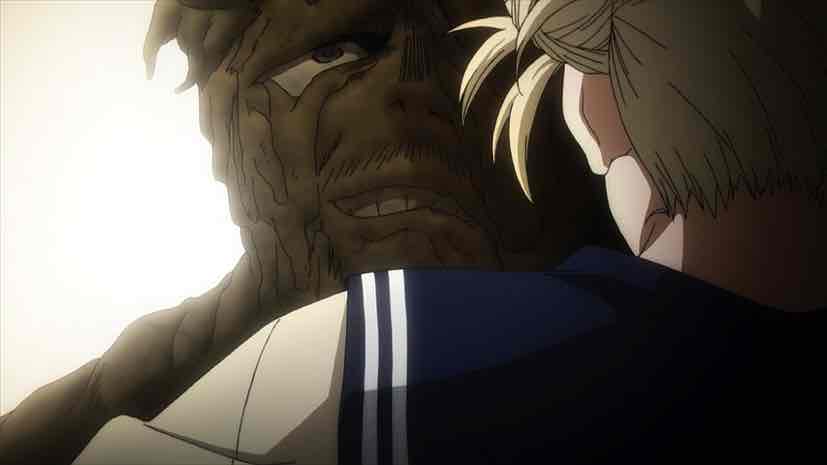
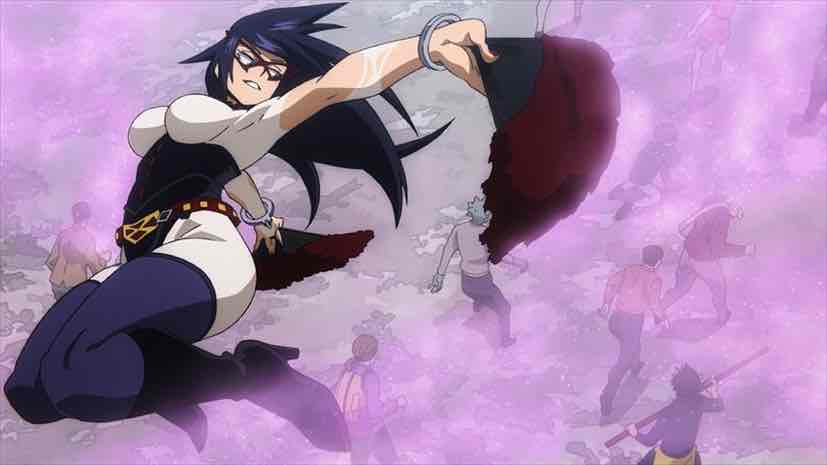
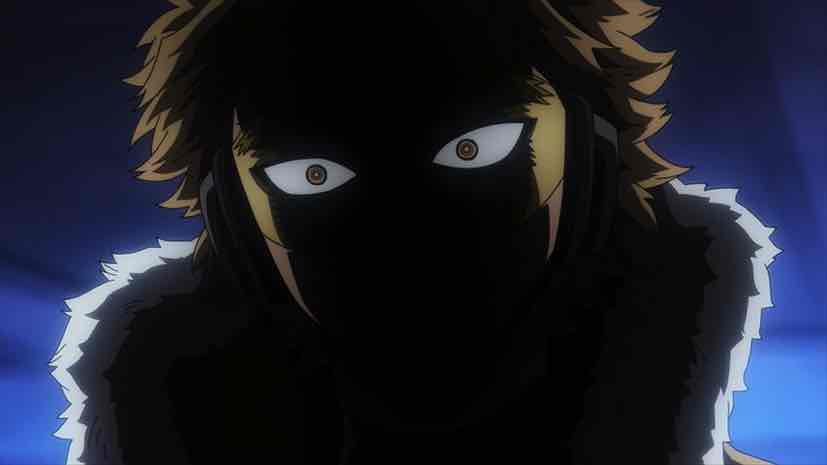
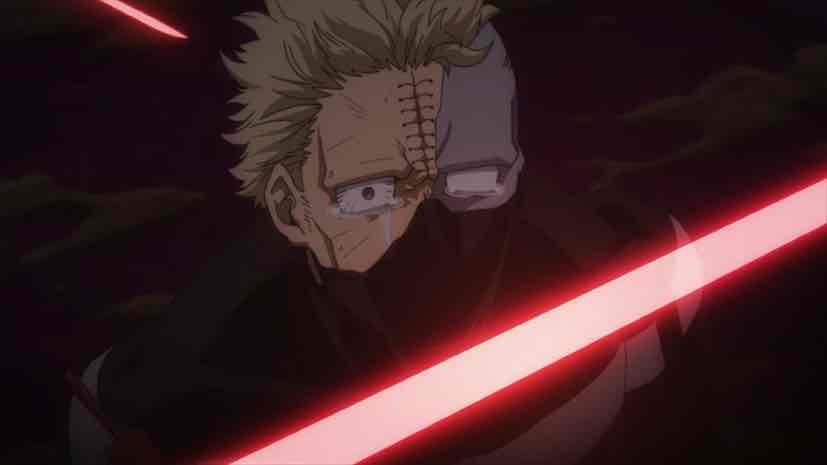
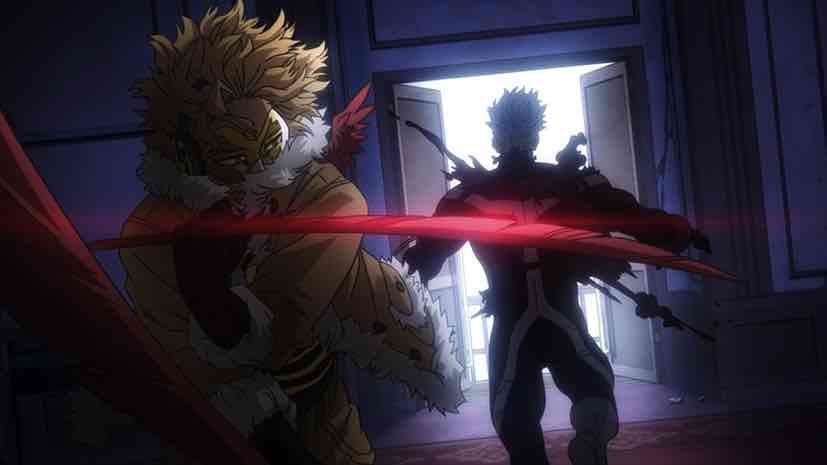
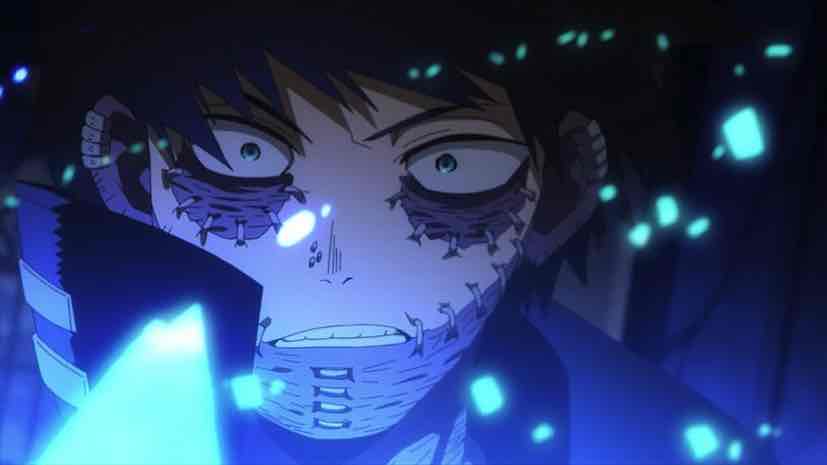
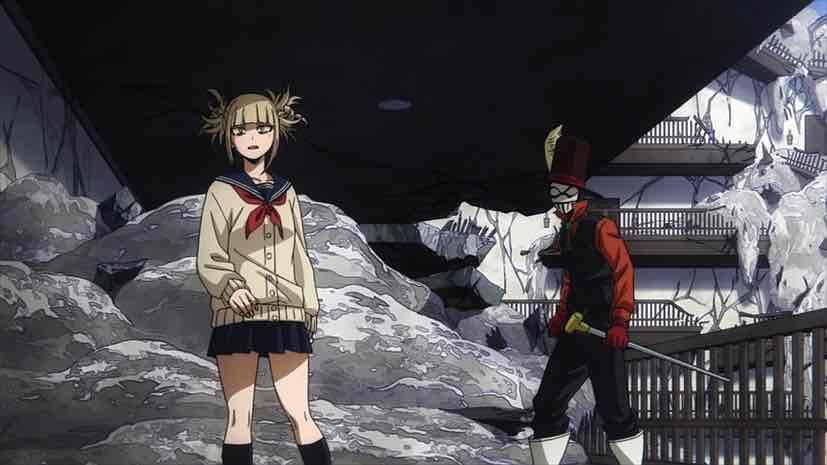
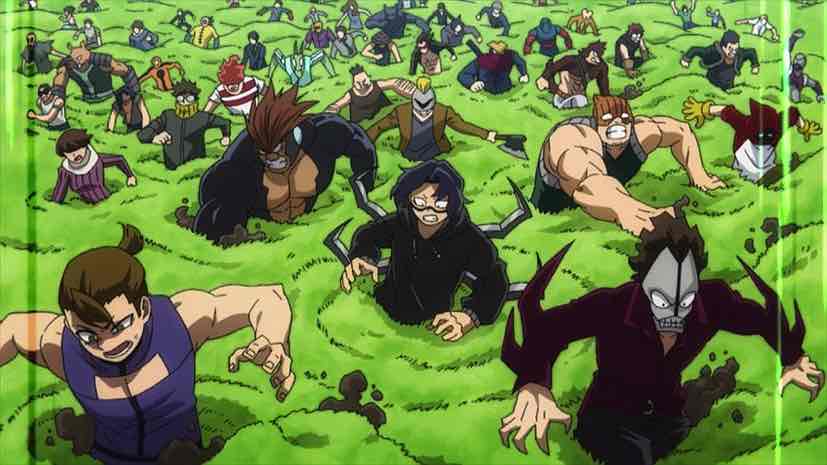
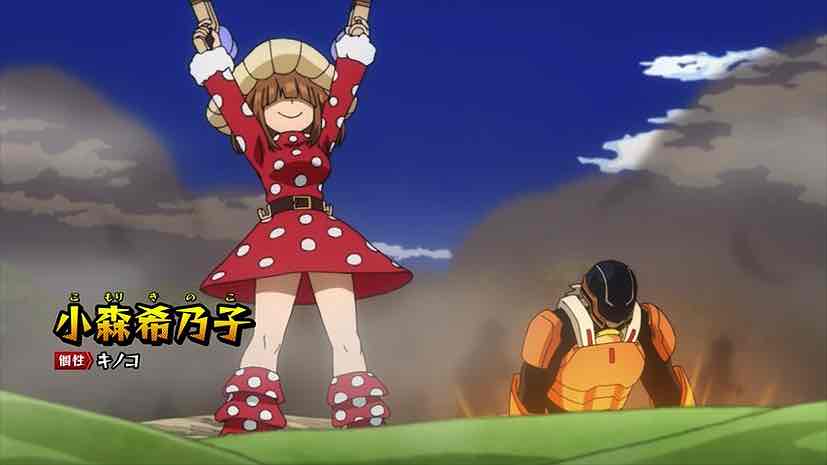
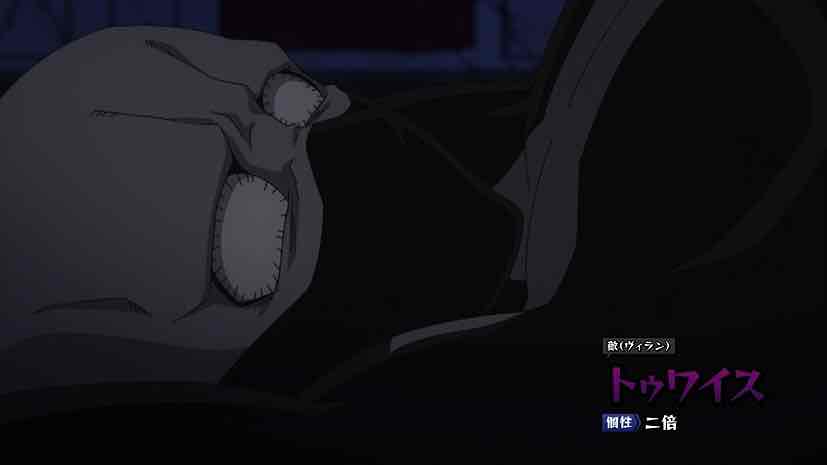
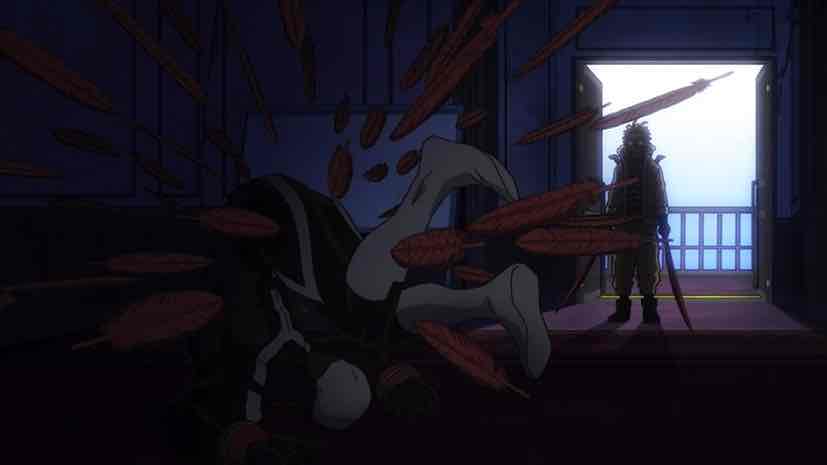
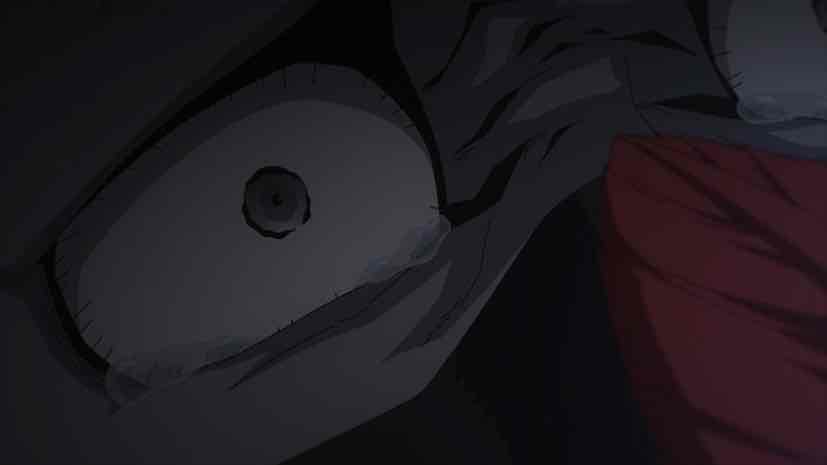
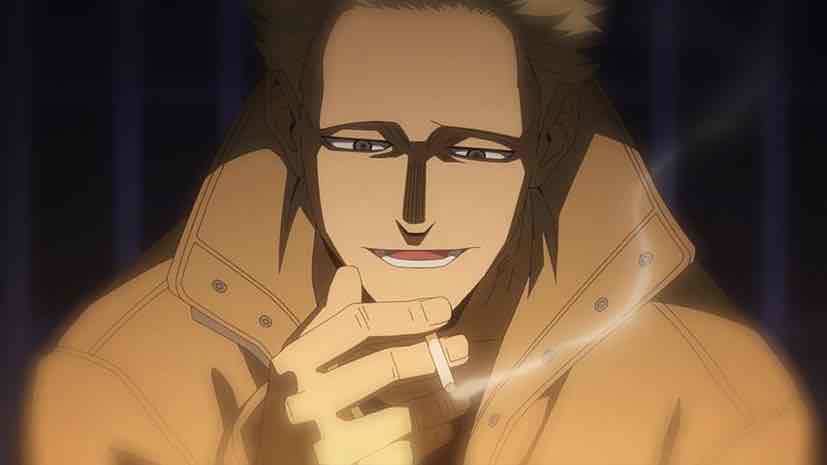
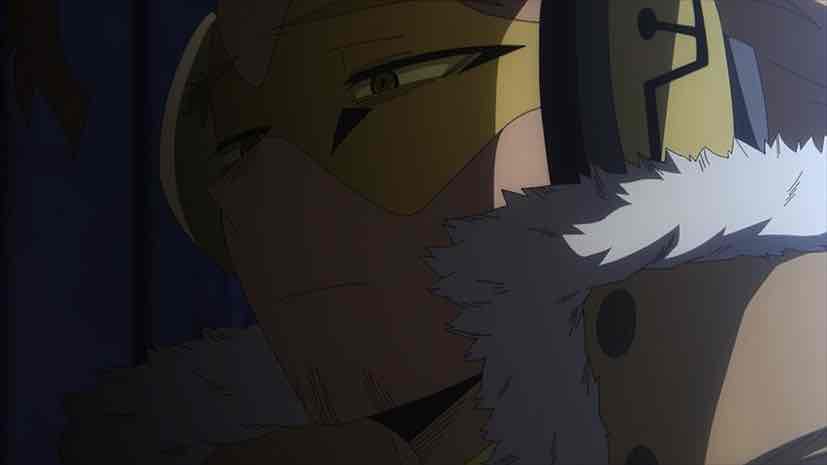
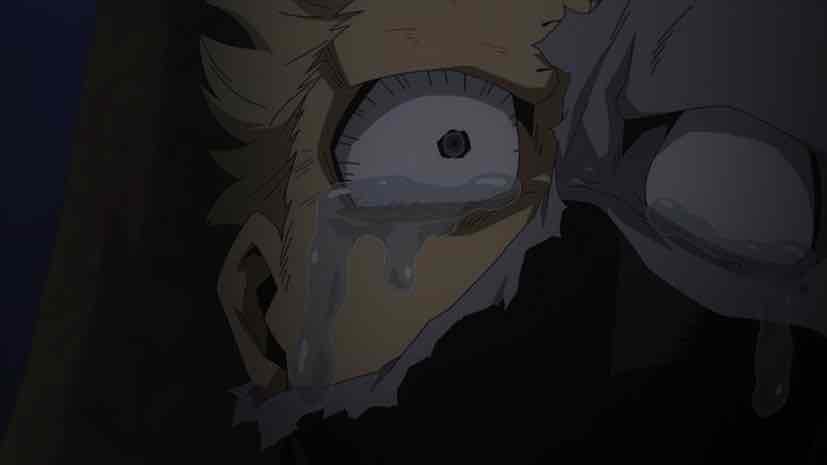
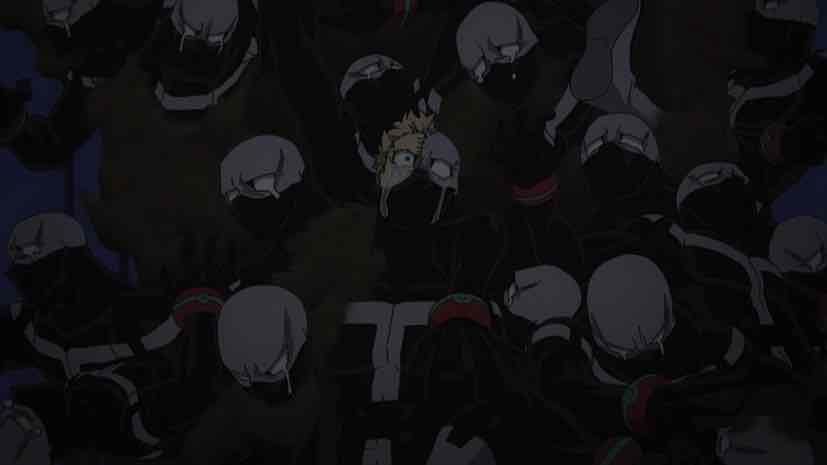
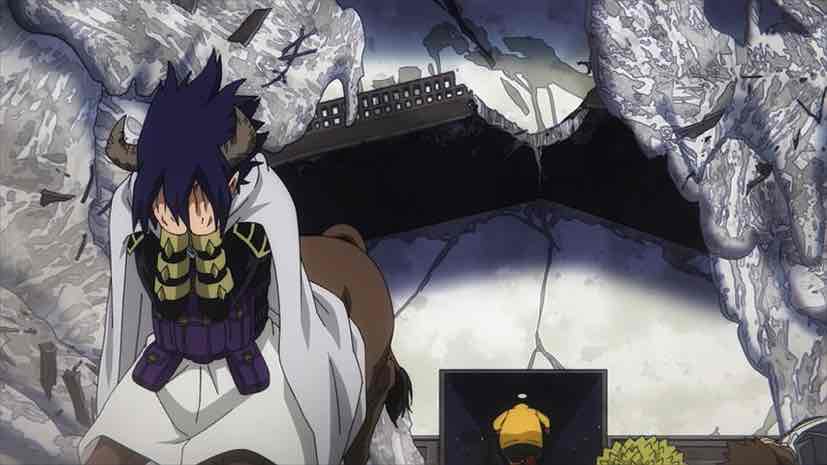
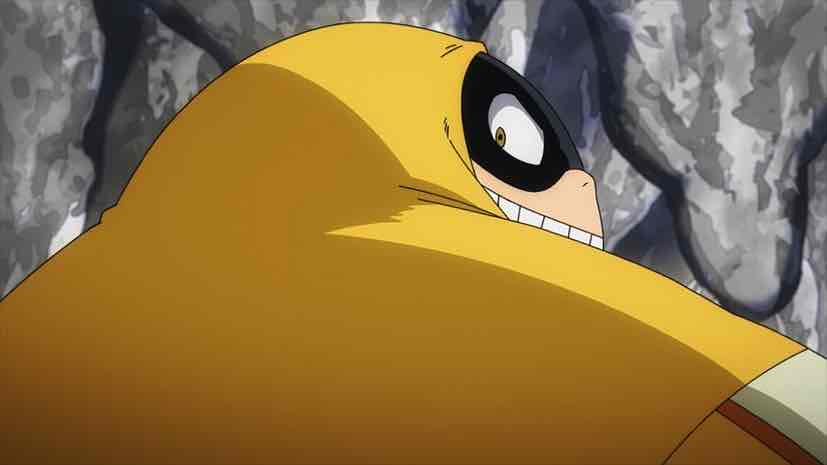
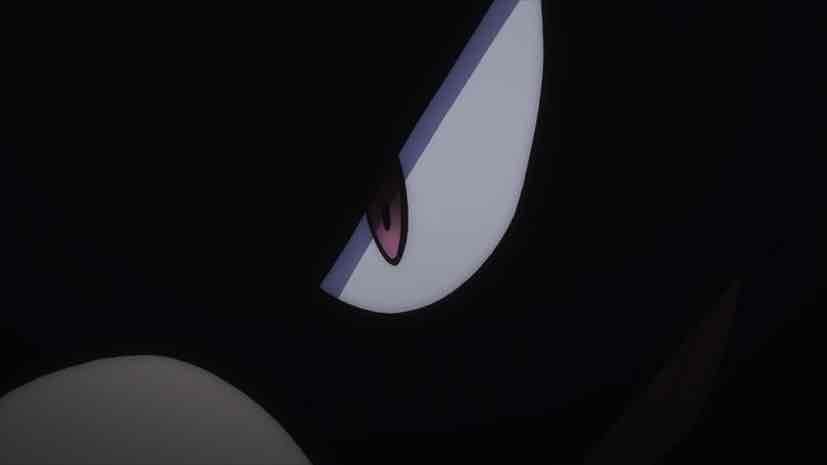
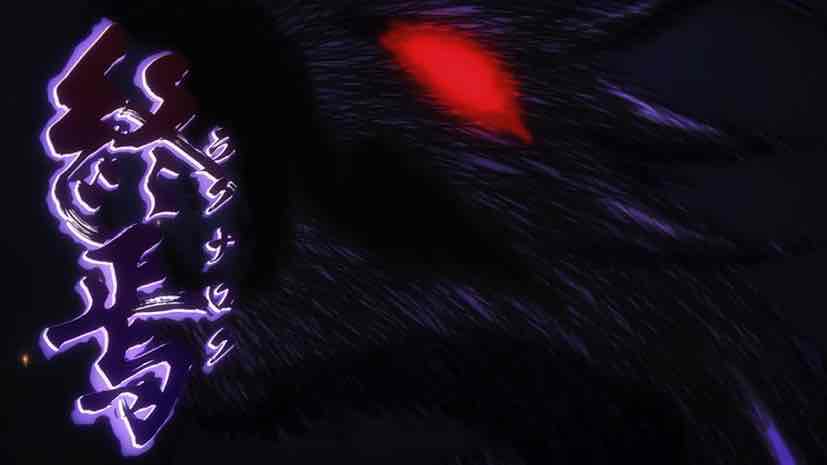
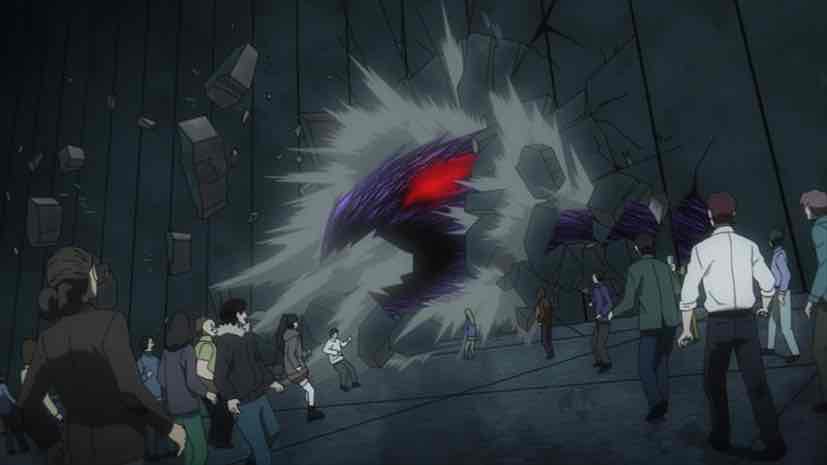
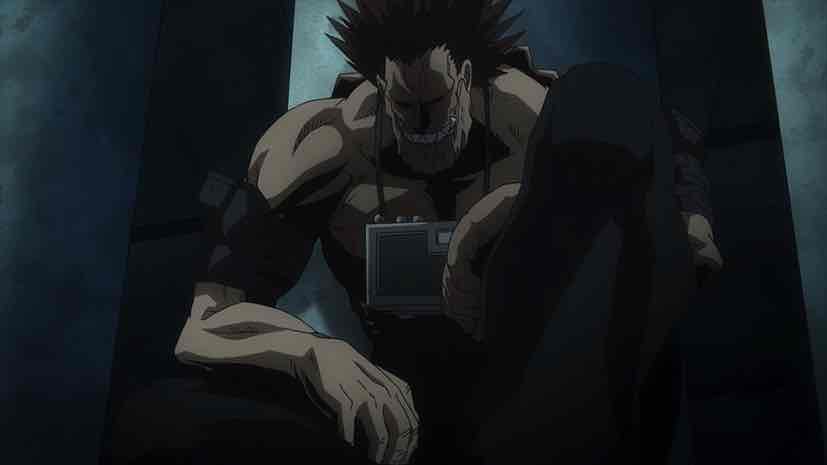
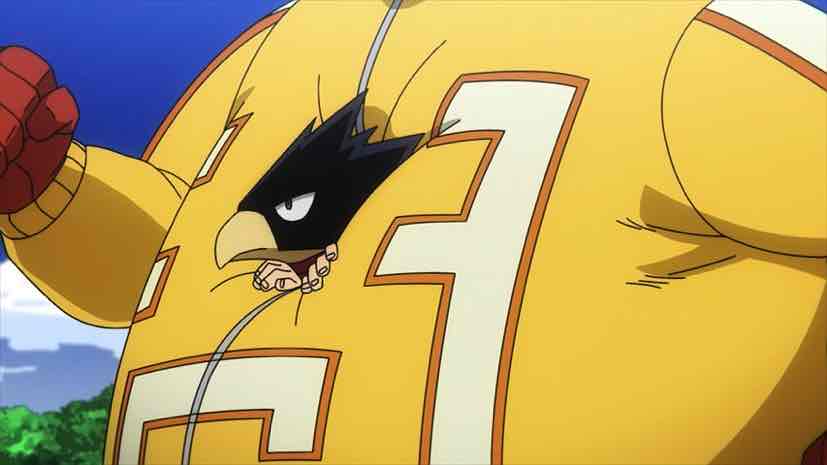
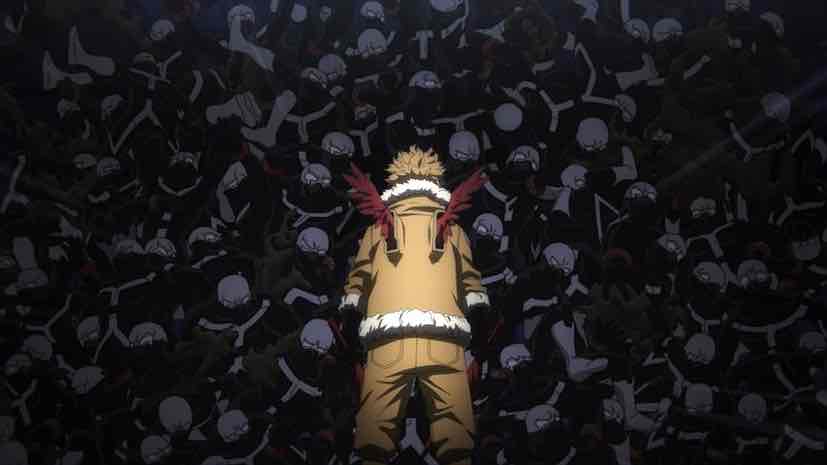
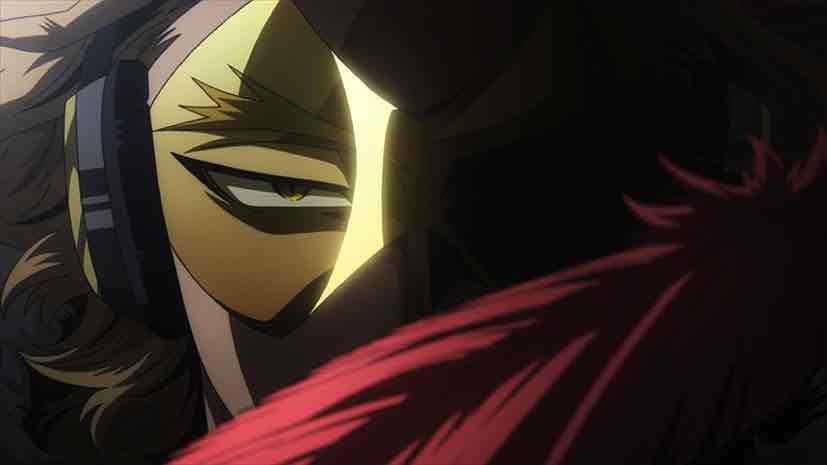
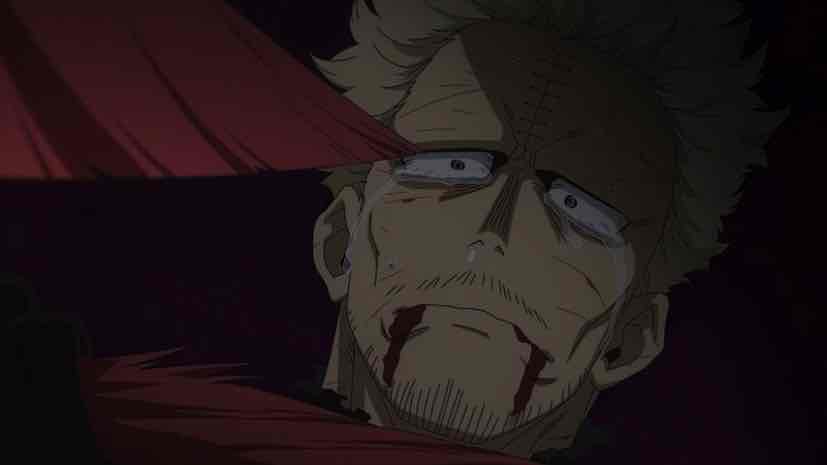
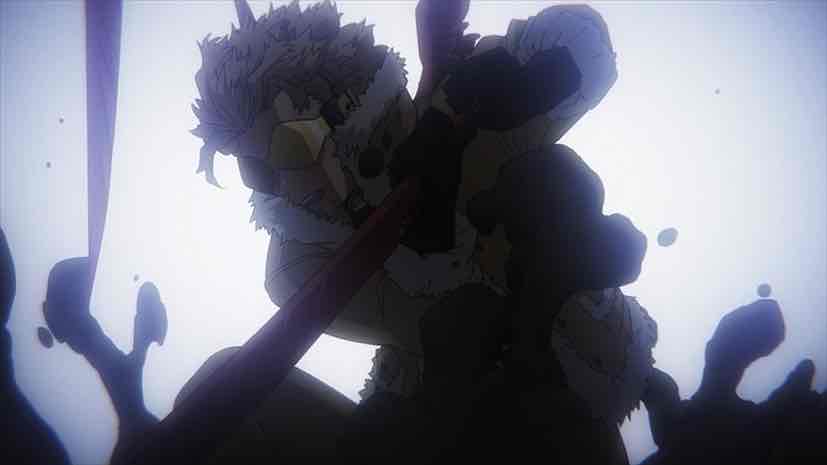
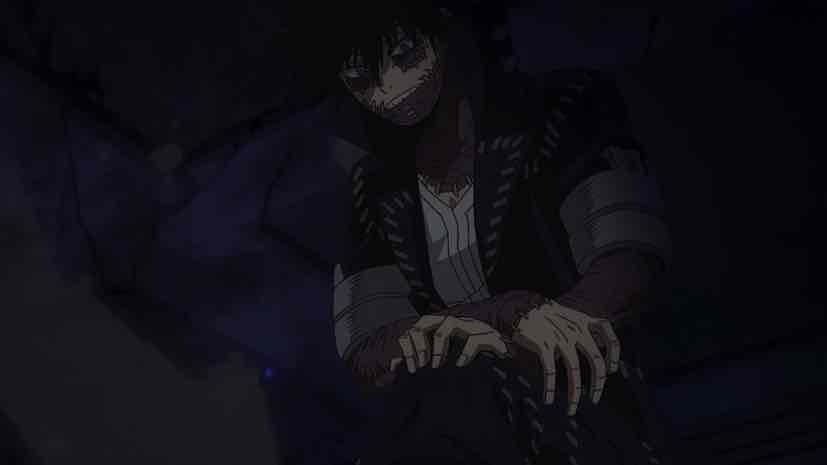
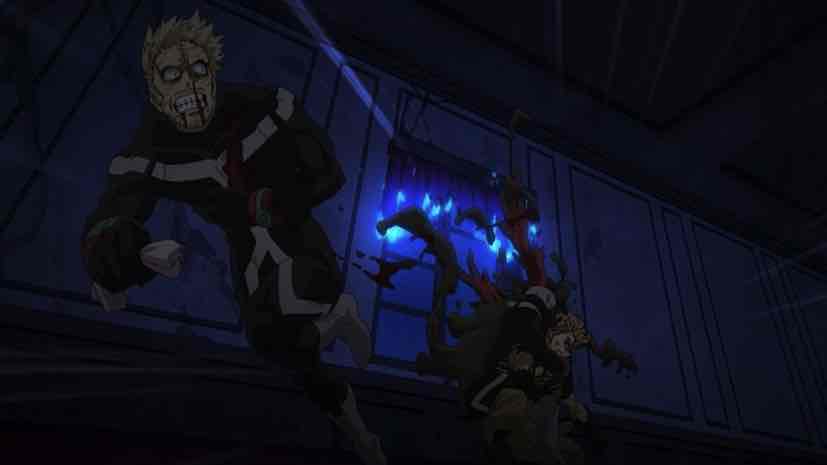
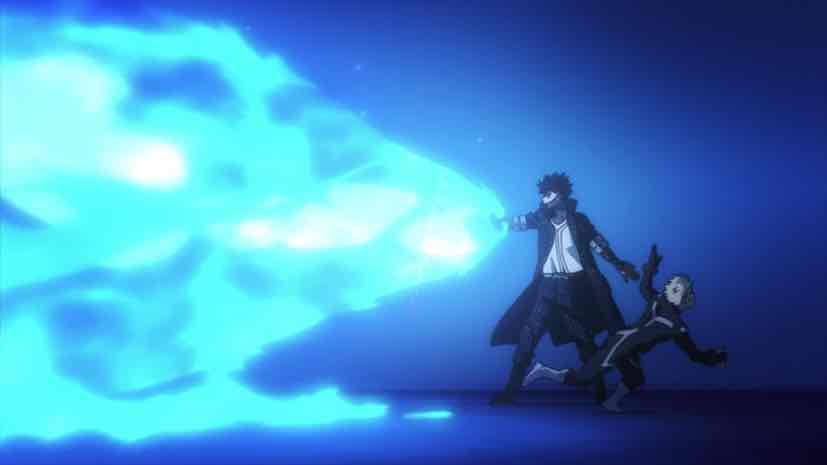
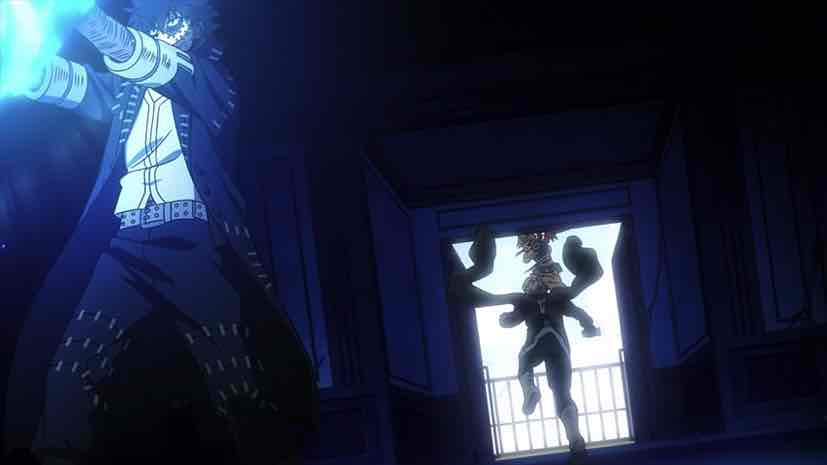
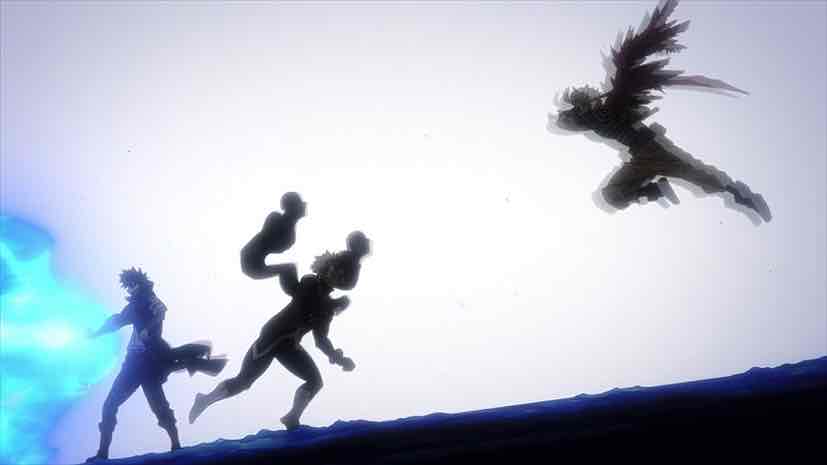
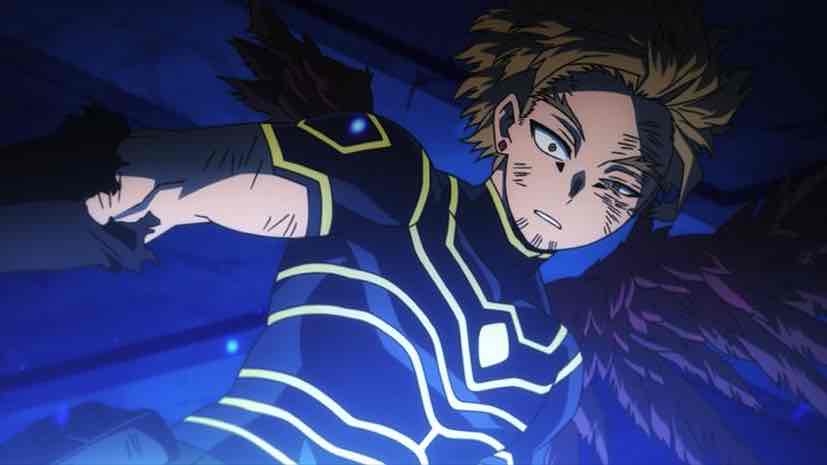
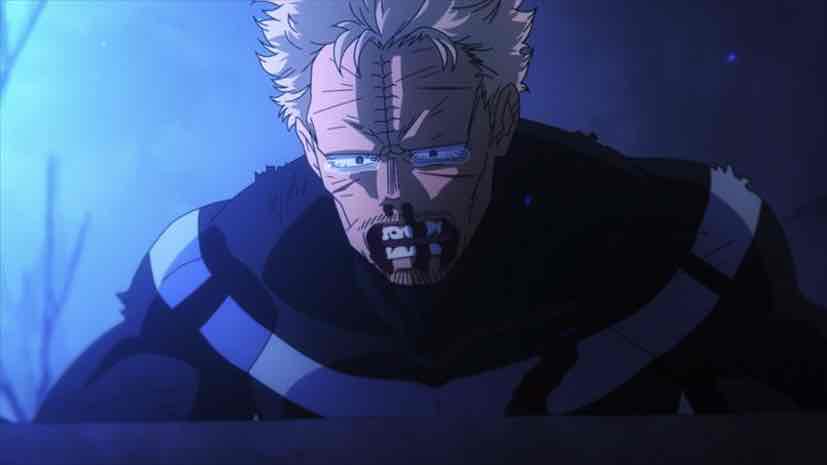
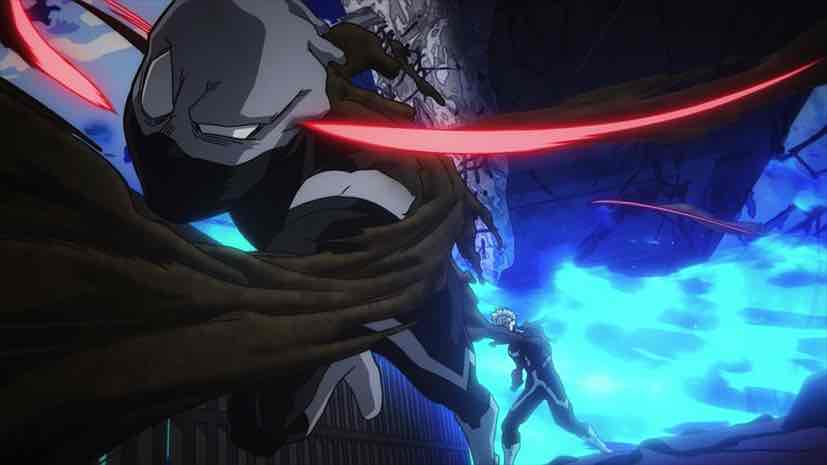
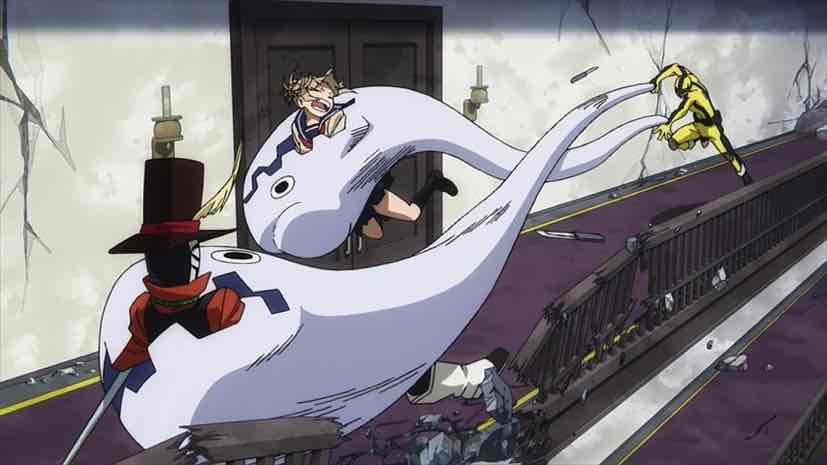
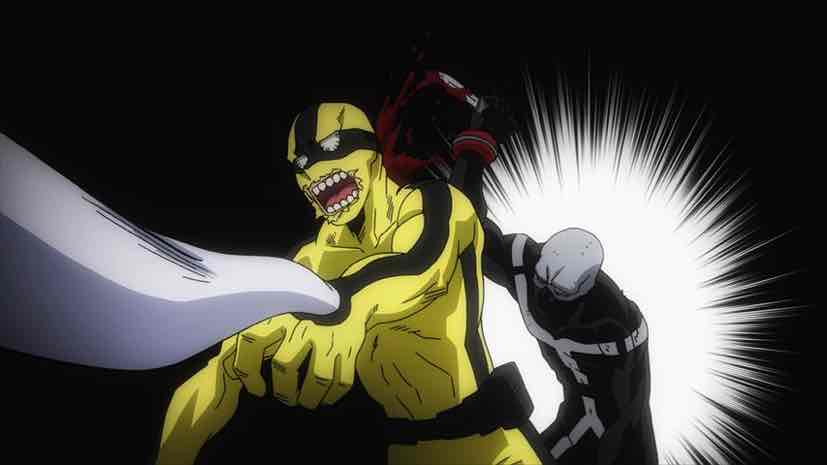
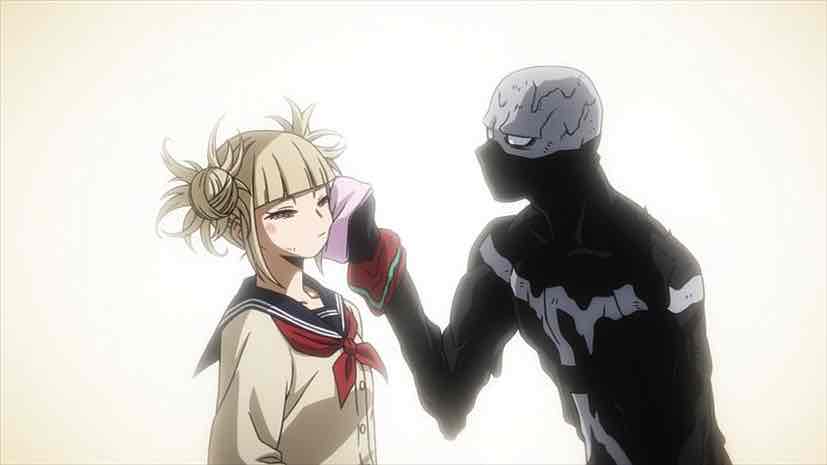
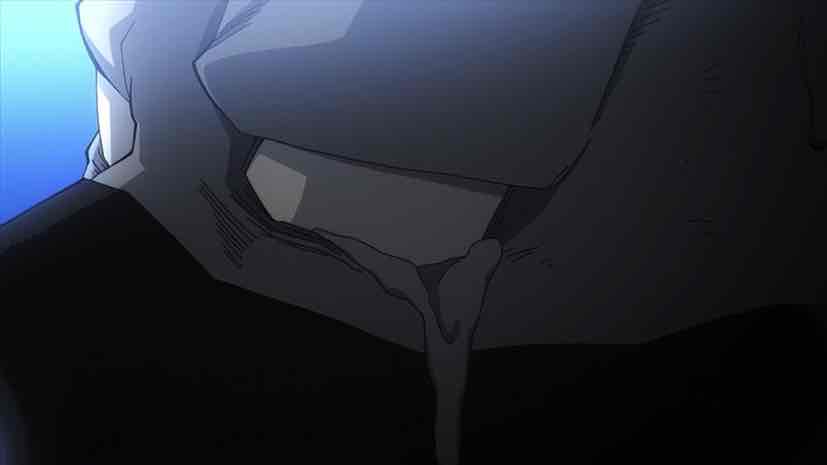
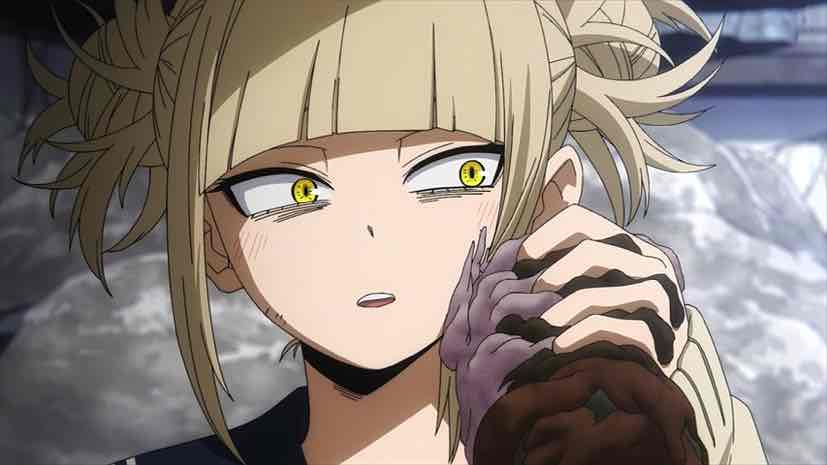
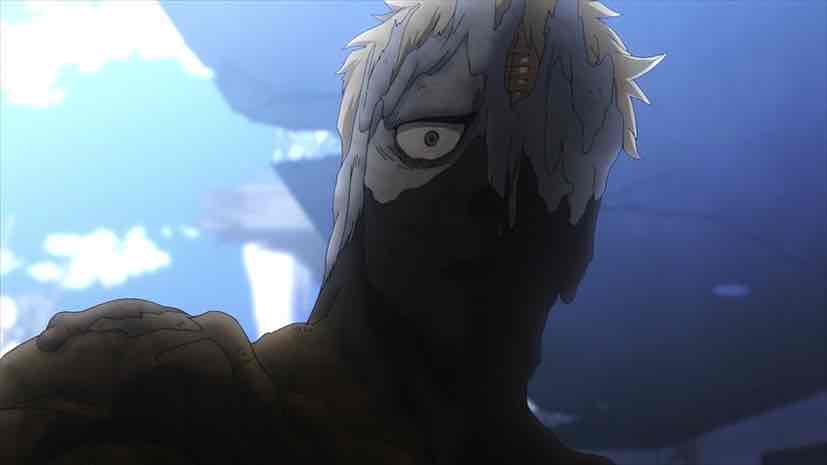
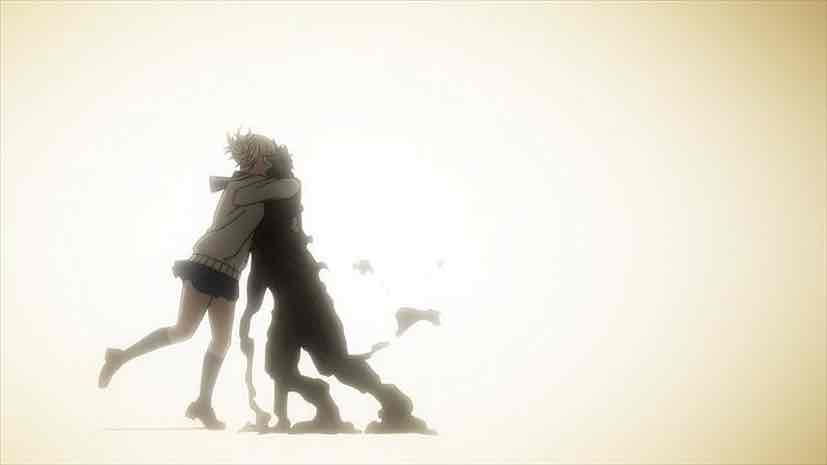
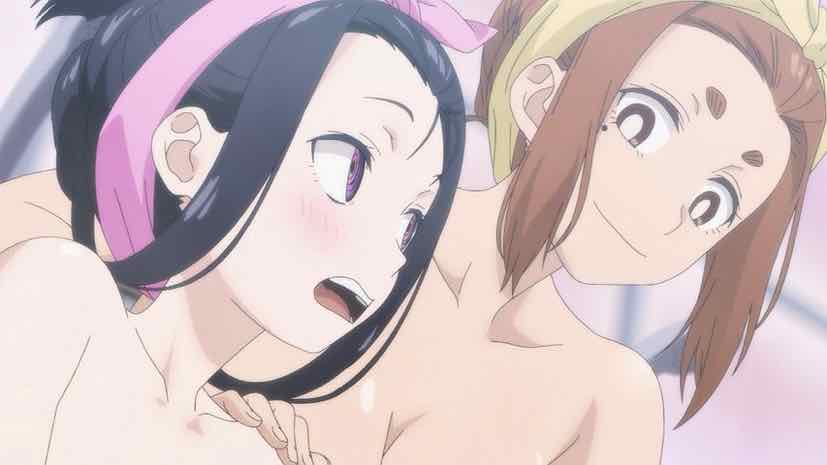
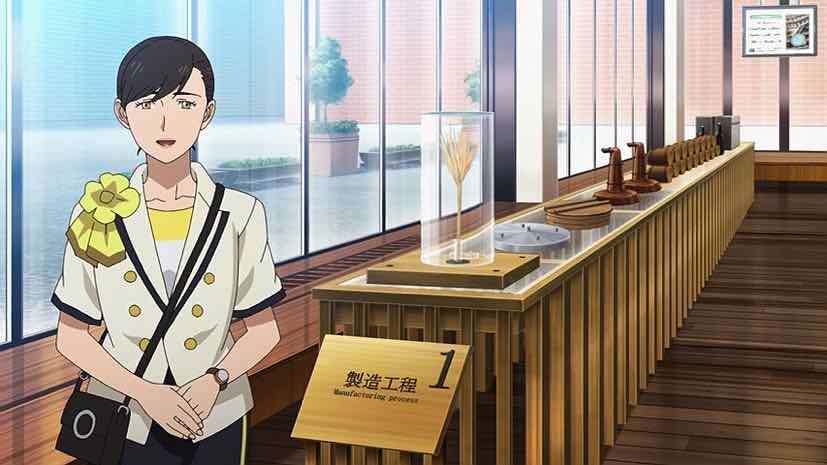
Nadavu
October 16, 2022 at 8:21 amIt was hard not to feel for poor Twice on a personal level, but personally I don’t feel there was any blurring of ethical distinctions. Loyalty isn’t a virtue disconnected from context, and Twice’s comrades are pretty bad peope. I think the show made it clear by having Twice save Toga and Compressor by stabbing their hero captor in the back several times, persumably killing him, while the heroes are doing everything in their power not too kill.
Was this confirmation that Twice was the original and not a clone? I would have liked some reflection from his side on the topic before dying.
Guardian Enzo
October 16, 2022 at 9:23 amI agree broadly, but that’s an intellectual argument. Emotionally, Twice was the protagonist of the episode and Hawks came off looking like a coward.
I don’t think that was ever officially confirmed but I didn’t see any reason to think otherwise.
Bob
October 18, 2022 at 12:17 am>Was this confirmation that Twice was the original and not a clone? I would have liked some reflection from his side on the topic before dying.
We got that earlier in MVA when Skeptic snapped Twice’s arm, dealing an amount of damage that a clone wouldn’t be able to withstand. That’s why he can freely Double himself again.